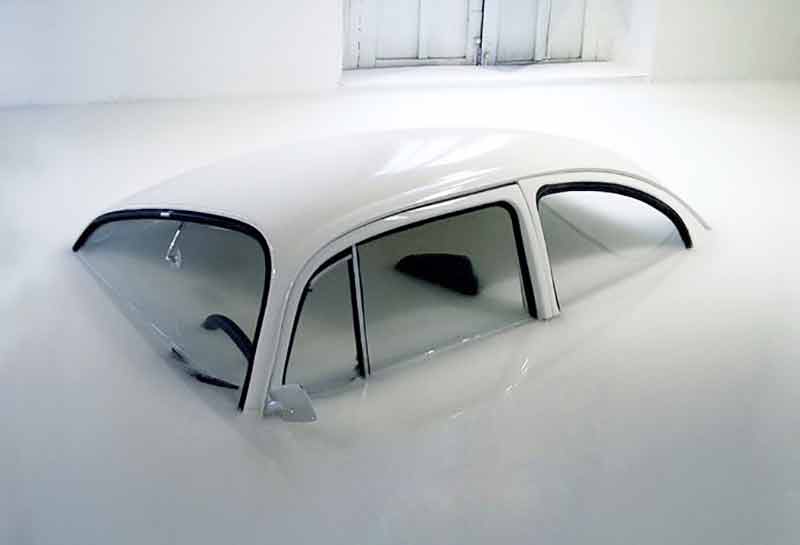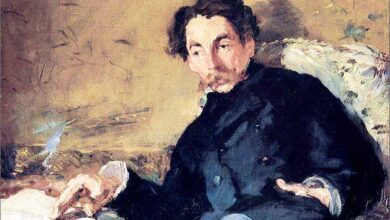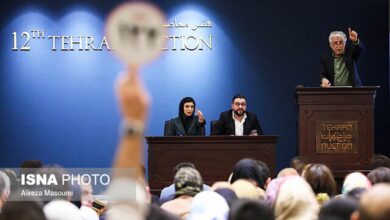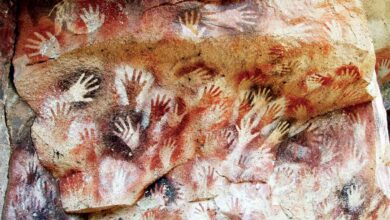Conceptual Art

Conceptual art generally refers to a set of works in which the transmission of an idea or concept to the audience does not require the creation and display of a traditional artistic object.
In other words, conceptual art is the abstract presentation of the artist’s mental meaning – quite explicitly – without giving importance to the mental form and imaginary form of the work.
Installation Conceptual Art Methods: Improvisation according to the conditions of the environment
Minimalism: Summary in form with an emphasis on content
Performance: Performing ceremonies to express content
Narrative Art: Narrative in the environment by showing the impact of an event
Land Art: Expressing a concept by creating works in the open air and nature
Art And Language: Presenting a concept with words
Video Art: Provides a concept with moving images and sound
Body Art: Using the human body to provide meaning
Happening Art: Creating the results of an event in the environment to express the concept
Process Art: The use of any unstable material in conceptual art using the art of photography
Philosophy of Conceptual Art
“Is art a kind of thought and philosophy?” It is a question that is very prominent in theoretical discussions of conceptual art.
This is because art is a conceptual art that is often associated with ideas and opinions. As conceptual art grew, so did the philosophers of the arts. Philosophical concerns arising from conceptual art can be divided into two main categories. The first category is specific questions that question the individual characteristics of conceptual art. Of course, philosophical digs in this area not only focus on the internal coherence and coherence of the work of art and the goals of the work, but also pay attention to the external foundations of the work.
For example, “While the realm of art is separate from thought, can art be considered a kind of thought philosophically?” It falls into this category. Secondly, conceptual art raises philosophical issues more broadly in a way that requires philosophy to define a new perspective on issues such as the nature of art, the role of the artist, and the artistic experience.
In many important respects, conceptual art has an unpleasant contrast with other forms of art, especially traditional art, which has raised concerns among those who have hoped for a possible theory of world art. Because if a certain rule is defined for conceptual art and there is another rule for other types of art, can conceptual art still be considered a kind of art (with a separate definition from other types of art, but still in the role of some kind of art)? And can’t other art forms demand a separate art theory? And if they also have such a right, where can the end of these requests be, and in the meantime, does not philosophy lose its interpretive power in the face of these endless cases?
If we evade the inherent philosophical distinction between conceptual art on the one hand and other forms of art on the other, artistic theories related to arts other than conceptual art will acknowledge that conceptual art is problematic. So in the meantime, the least that needs to happen is to reach an agreement on understanding the term “work of art.” One of the other concerns that surrounds conceptual art philosophy is why man pursues the ideas of art philosophy. Whether one engages in the vast and however vague world of these investigations, or whether one distances oneself from any system of theory about art, artist, and artistic experience. In any case, conceptual art forces him to determine his place in it.
Philosophizing in the world of art is not a concept in the sense of philosophizing in a particular art form. In fact, philosophizing refers to a kind of retrospective art that has understood its duty as a creature of a philosophical nature. According to Mehr, the problem of defining art does not only include conceptual art.
* Sources and references are available in the editorial office of Artmag.









